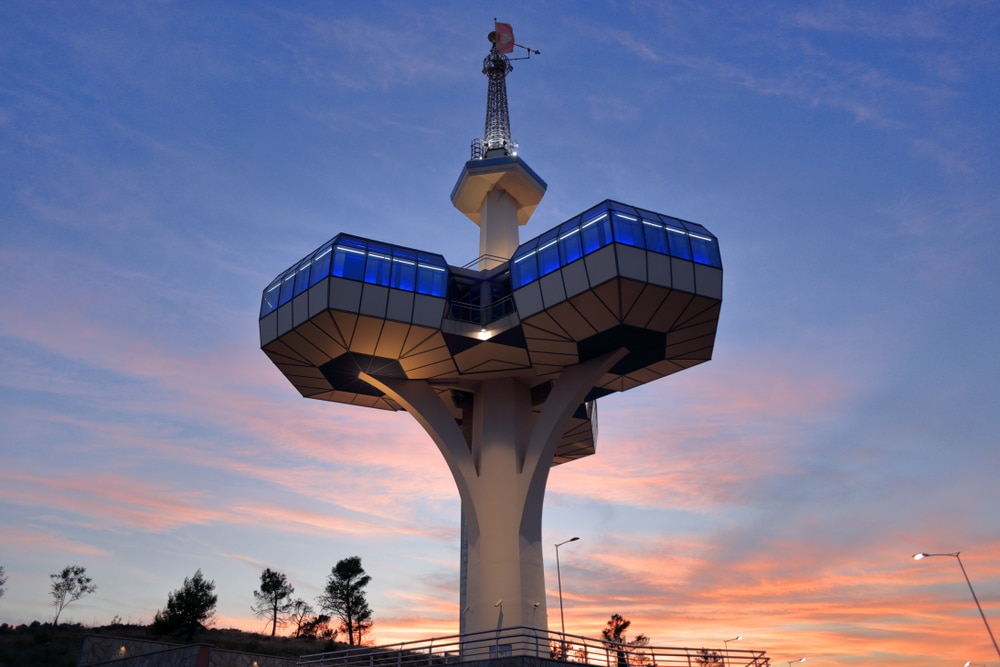waynethomasyorke.com – The media landscape in Montenegro is a complex and influential sector that plays a significant role in shaping public opinion and political discourse. This article explores the structure of the Montenegrin media, its relationship with political powers, and the impact it has on society.
The Media Landscape in Montenegro
Montenegro’s media landscape is characterized by a mix of state-owned and private media outlets, including television, radio, newspapers, and online platforms. The state broadcaster, Radio and Television of Montenegro (RTCG), is the primary public service broadcaster, while numerous private television and radio stations cater to diverse audiences. The print media sector includes several daily and weekly newspapers, along with a growing number of online news portals.
The Relationship Between Media and Political Powers
The relationship between the media and political powers in Montenegro is often contentious. Critics argue that the government exerts undue influence over the media, particularly through control of advertising revenues and regulatory bodies. This has led to concerns about media freedom and the ability of journalists to report independently.
Despite these challenges, there are also vibrant independent media outlets that strive to provide unbiased news and critical analysis. These outlets often face financial difficulties and political pressure but remain crucial for a pluralistic media landscape.
Influence on Public Opinion
The media in Montenegro has a significant impact on public opinion, shaping perceptions of political events, social issues, and economic developments. Through selective reporting, framing of news stories, and editorial commentary, media outlets can influence how citizens view their government, political leaders, and societal challenges.
Social media has also become an important platform for information dissemination and public discourse. While it offers a space for diverse voices and citizen journalism, it also presents challenges related to misinformation and the spread of fake news.
Impact on Political Discourse
The media plays a crucial role in Montenegro’s political discourse, serving as a forum for debate and a watchdog over government actions. Investigative journalism and critical reporting can hold authorities accountable and contribute to transparency and good governance.
However, the politicization of the media can also polarize public discourse and hinder constructive dialogue. Media bias and the instrumentalization of news for political gain can undermine trust in media institutions and erode the quality of democratic debate.
Conclusion
The role of the media in Montenegro is multifaceted, encompassing both the potential for positive influence and the challenges of political interference and bias. Ensuring a free, independent, and pluralistic media landscape is essential for a healthy democracy. As Montenegro continues to develop its media sector, it is crucial to address issues of media freedom, professional journalism standards, and the responsible use of media power.
